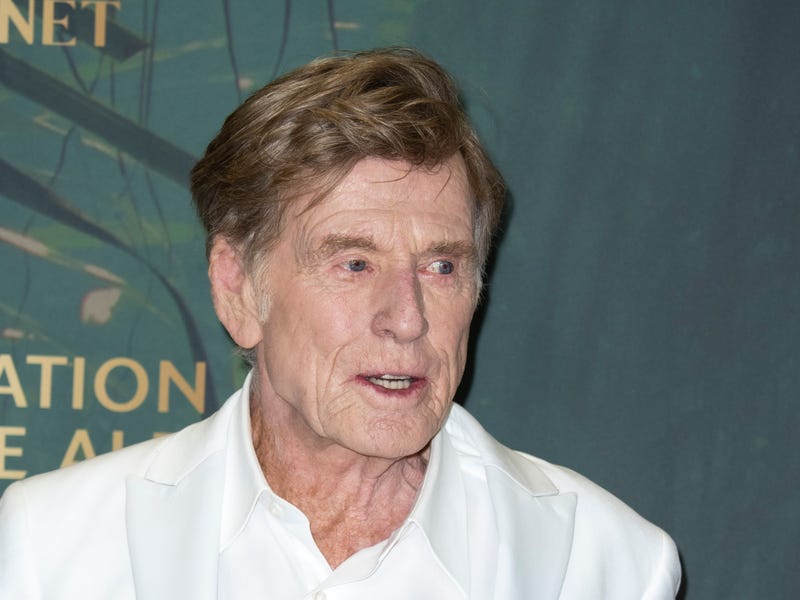
Robert Redford, whose legendary career as an actor, director and activist redefined Hollywood over six decades, has died at 89 at his home in the mountains outside Provo, Utah.
Born Charles Robert Redford Jr. on August 18, 1936 in Santa Monica, California, Redford first made his name on stage before becoming a box-office draw in films like Butch Cassidy and the Sundance Kid, The Sting and All the President’s Men. He won an Academy Award for Best Director for Ordinary People (1980), with other nominations and honors spanning decades.
After rising to stardom in the 1960s, Redford was one of the biggest stars of the ’70s with such films as “The Candidate,” “All the President’s Men” and “The Way We Were,” capping that decade with the best director Oscar for 1980's “Ordinary People,” which also won best picture in 1980. His wavy blond hair and boyish grin made him the most desired of leading men, but he worked hard to transcend his looks — whether through his political advocacy, his willingness to take on unglamorous roles or his dedication to providing a platform for low-budget movies.
His roles ranged from Washington Post journalist Bob Woodward to a mountain man in “Jeremiah Johnson” to a double agent in the Marvel Cinematic Universe, and his co-stars included Jane Fonda, Meryl Streep and Tom Cruise. But his most famous screen partner was his old friend and fellow activist and practical joker Paul Newman, their films a variation of their warm, teasing relationship off screen. Redford played the wily outlaw opposite Newman in 1969’s “Butch Cassidy and the Sundance Kid,” a box-office smash from which Redford's Sundance Institute and festival got its name. He also teamed with Newman on 1973’s best picture Oscar winner, “The Sting,” which earned Redford a best-actor nomination as a young con artist in 1930s Chicago.
Film roles after the ’70s became more sporadic as Redford concentrated on directing and producing, and his new role as patriarch of the independent-film movement in the 1980s and ’90s through his Sundance Institute. But he starred in 1985’s best picture champion “Out of Africa” and in 2013 received some of the best reviews of his career as a shipwrecked sailor in “All is Lost,” in which he was the film’s only performer. In 2018, he was praised again in what he called his farewell movie, “The Old Man and the Gun.”
“I just figure that I’ve had a long career that I’m very pleased with. It’s been so long, ever since I was 21,” he told The Associated Press shortly before the film came out. “I figure now as I’m getting into my 80s, it’s maybe time to move toward retirement and spend more time with my wife and family.”
The Associated Press contributed to this story.
